The AMD EPYC 9534 is a server/workstation processor with 64 cores, launched in November 2022, at an MSRP of $8803. It is part of the EPYC lineup, using the Zen 4 (Genoa) architecture with Socket SP5. Thanks to AMD Simultaneous Multithreading (SMT) the core-count is effectively doubled, to 128 threads. To further increase overall system performance, up to two EPYC 9534 CPUs can link up in a multi-processor (SMP) configuration. EPYC 9534 has 256 MB of L3 cache and operates at 2.45 GHz by default, but can boost up to 3.7 GHz, depending on the workload. AMD is building the EPYC 9534 on a 5 nm production process using 52,560 million transistors. The silicon die of the chip is not fabricated at AMD, but at the foundry of TSMC. The multiplier is locked on EPYC 9534, which limits its overclocking capabilities.
With a TDP of 280 W, the EPYC 9534 is extremely power hungry, which means you need top-notch cooling. AMD’s processor supports DDR5 memory with a twelve-channel interface. The highest officially supported memory speed is 4800 MT/s, but with overclocking (and the right memory modules) you can go even higher. ECC memory is supported, too, which is an important capability for mission-critical systems, to avoid data corruption. For communication with other components in the system, EPYC 9534 uses a PCI-Express Gen 5 connection. This processor lacks integrated graphics, you might need a graphics card.
Hardware virtualization is available on the EPYC 9534, which greatly improves virtual machine performance. Programs using Advanced Vector Extensions (AVX) will run on this processor, boosting performance for calculation-heavy applications. Besides AVX, AMD has added support for the newer AVX2 and AVX-512 instructions, too.
With a TDP of 280 W, the EPYC 9534 is extremely power hungry, which means you need top-notch cooling. AMD’s processor supports DDR5 memory with a twelve-channel interface. The highest officially supported memory speed is 4800 MT/s, but with overclocking (and the right memory modules) you can go even higher. ECC memory is supported, too, which is an important capability for mission-critical systems, to avoid data corruption. For communication with other components in the system, EPYC 9534 uses a PCI-Express Gen 5 connection. This processor lacks integrated graphics, you might need a graphics card.
Hardware virtualization is available on the EPYC 9534, which greatly improves virtual machine performance. Programs using Advanced Vector Extensions (AVX) will run on this processor, boosting performance for calculation-heavy applications. Besides AVX, AMD has added support for the newer AVX2 and AVX-512 instructions, too.
Physical
| Socket: | AMD Socket SP5 |
|---|---|
| Foundry: | TSMC |
| Process Size: | 5 nm |
| Transistors: | 52,560 million |
| Die Size: | 8x 72 mm² |
| I/O Process Size: | 6 nm |
| I/O Transistors: | 11,000 million |
| I/O Die Size: | 397 mm² |
| Package: | FC-LGA6096 |
Processor
| Market: | Server/Workstation |
|---|---|
| Production Status: | Active |
| Release Date: | Nov 10th, 2022 |
| Launch Price: | $8803 |
| Part#: | 100-100000799 |
Performance
| Frequency: | 2.45 GHz |
|---|---|
| Turbo Clock: | up to 3.7 GHz |
| All-Core Turbo: | 3.55 GHz |
| Base Clock: | 100 MHz |
| Multiplier: | 24.5x |
| Multiplier Unlocked: | No |
| TDP: | 280 W |
| Configurable TDP: | 240-300 W |
Architecture
| Codename: | Genoa |
|---|---|
| Generation: | EPYC (Zen 4 (Genoa)) |
| Memory Support: | DDR5 |
| Rated Speed: | 4800 MT/s |
| Memory Bus: | Twelve-channel |
| ECC Memory: | Yes |
| PCI-Express: | Gen 5, 128 Lanes (CPU only) |
Core Config
| # of Cores: | 64 |
|---|---|
| # of Threads: | 128 |
| SMP # CPUs: | 2 |
| Integrated Graphics: | N/A |
Cache
| Cache L1: | 64 KB (per core) |
|---|---|
| Cache L2: | 1 MB (per core) |
| Cache L3: | 256 MB (shared) |
Features
|

 MacBook
MacBook iPad
iPad Apple Watch
Apple Watch Airpods
Airpods iMac
iMac Studio Display
Studio Display iphone
iphone
 Gaming Laptop
Gaming Laptop
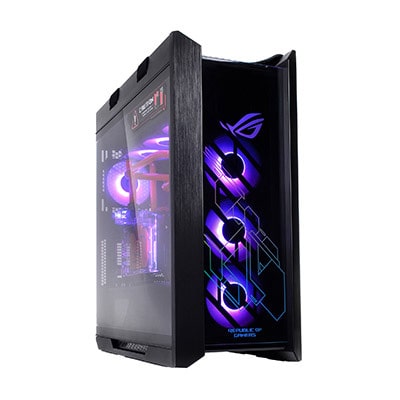
 Gaming Desktop
Gaming Desktop
 DDR5 Desktop
DDR5 Desktop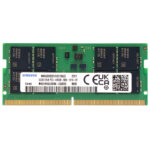 DDR5 Laptop
DDR5 Laptop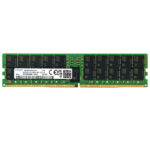 DDR5 Server
DDR5 Server DDR4 Desktop
DDR4 Desktop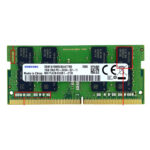 DDR4 Laptop
DDR4 Laptop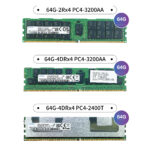 DDR4 Server
DDR4 Server DDR3 Desktop
DDR3 Desktop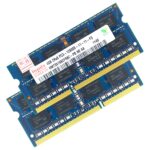 DDR3 Laptop
DDR3 Laptop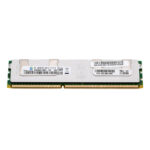 DDR3 Server
DDR3 Server
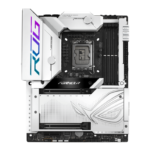 Intel Socket
Intel Socket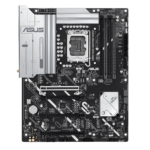 Intel Z890
Intel Z890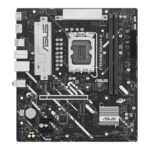 Intel B860
Intel B860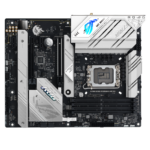 Intel B760
Intel B760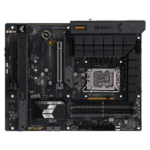 Intel H770
Intel H770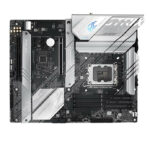 Intel B660
Intel B660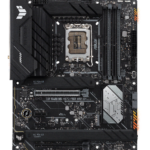 Intel H670
Intel H670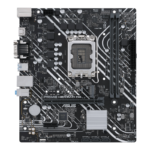 Intel H610
Intel H610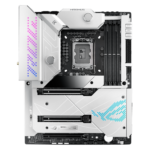 Intel Z690
Intel Z690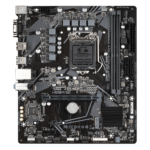 Intel H510
Intel H510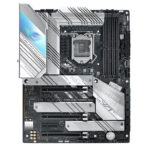 Intel Z590
Intel Z590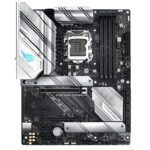 Intel B560
Intel B560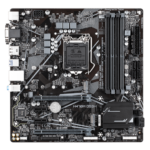 Intel H470
Intel H470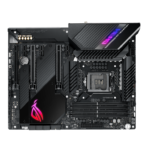 Intel Z490
Intel Z490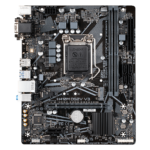 Intel H410
Intel H410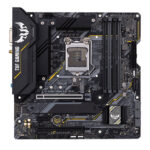 Intel B460
Intel B460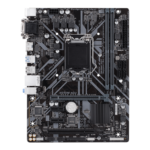 Intel H310
Intel H310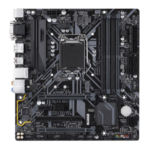 Intel B360
Intel B360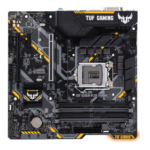 Intel B365
Intel B365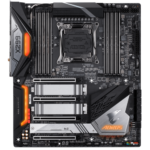 Intel X299
Intel X299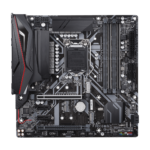 Intel Z390
Intel Z390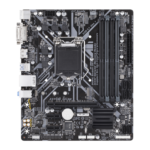 Intel Z370
Intel Z370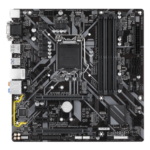 Intel H370
Intel H370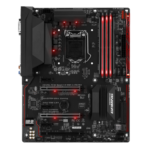 Intel Z270 H270
Intel Z270 H270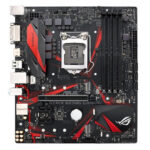 Intel B250
Intel B250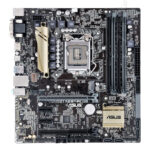 Intel Z170 H170
Intel Z170 H170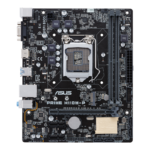 Intel H110
Intel H110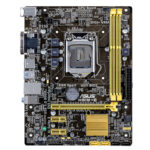 Intel H81
Intel H81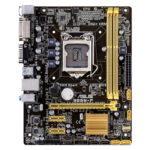 Intel B85
Intel B85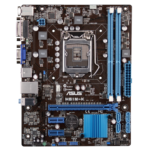 Intel H61
Intel H61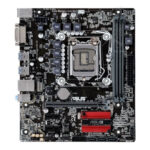 Intel B150
Intel B150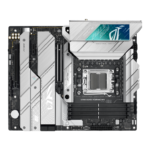 AMD Socket
AMD Socket AMD B850
AMD B850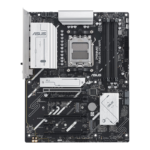 AMD B840
AMD B840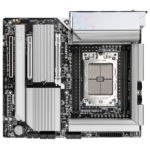 AMD TRX50
AMD TRX50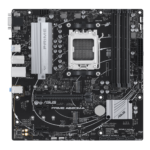 AMD A620
AMD A620 AMD X870
AMD X870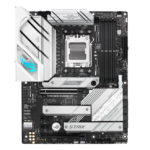 AMD B650
AMD B650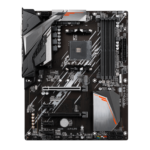 AMD A520
AMD A520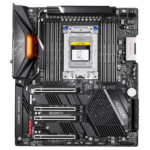 AMD TRX40
AMD TRX40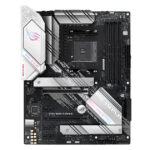 AMD B550
AMD B550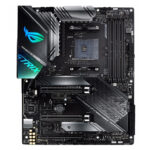 AMD X570
AMD X570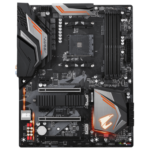 AMD X470
AMD X470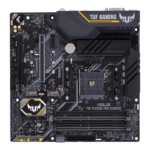 AMD B450
AMD B450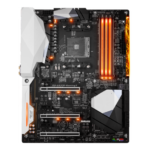 AMD X370
AMD X370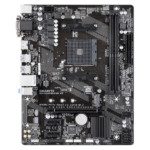 AMD A320
AMD A320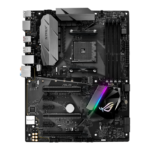 AMD B350
AMD B350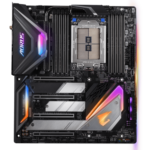 AMD X399
AMD X399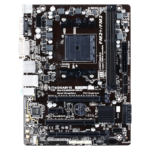 AMD A88
AMD A88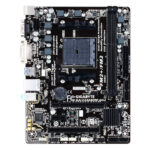 AMD A68 A78
AMD A68 A78
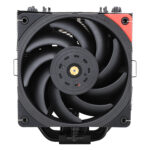 Cpu Air Coolers
Cpu Air Coolers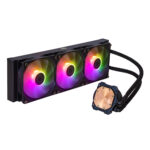 CPU Liquid Coolers
CPU Liquid Coolers Fans
Fans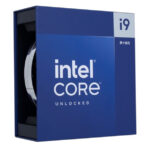
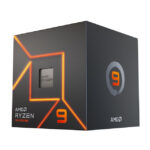 AMD CPUs Desktop
AMD CPUs Desktop AMD Server CPU
AMD Server CPU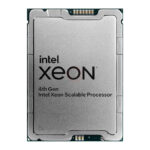 Intel Server CPU
Intel Server CPU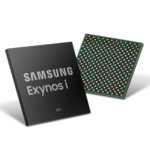 Samsung CPUs
Samsung CPUs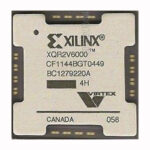 Other special CPUs
Other special CPUs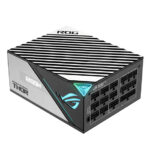

 Solid State Drives
Solid State Drives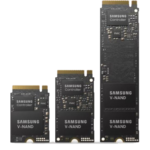 NVMe PCIe M.2
NVMe PCIe M.2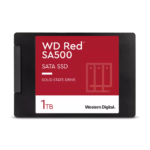 SATA 2.5inch
SATA 2.5inch Hard Disk Drive
Hard Disk Drive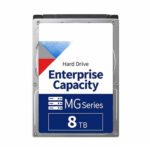 Server Hard Drives
Server Hard Drives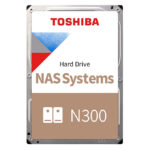 NAS hard drive
NAS hard drive Monitoring hard drive
Monitoring hard drive Portable Solid State Drives
Portable Solid State Drives Memory Cards
Memory Cards USB Flash Drives
USB Flash Drives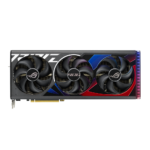
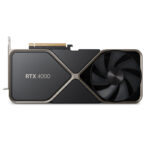 Nvidia GPU
Nvidia GPU RTX 50 series
RTX 50 series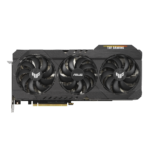 RTX 30 series
RTX 30 series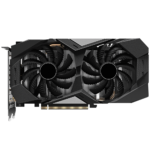 GTX 16 series
GTX 16 series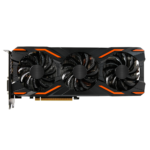 GTX 10 series
GTX 10 series RX 9000 series
RX 9000 series RX 7000 series
RX 7000 series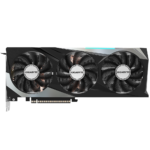 RX 6000 series
RX 6000 series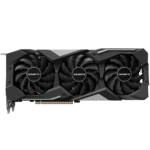 RX 5000 series
RX 5000 series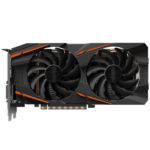 RX 500 series
RX 500 series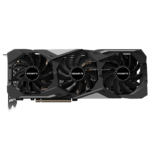 RTX 20 series
RTX 20 series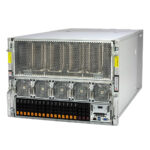
 Rack server
Rack server Blade server
Blade server Tower server
Tower server Storage Server Solutions
Storage Server Solutions Network switch
Network switch
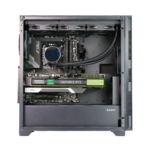 Workstation
Workstation Mobile Workstation
Mobile Workstation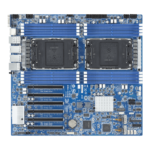
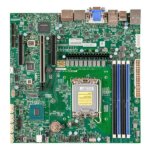 Server motherboard
Server motherboard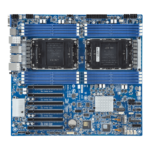 Workstation Motherboard
Workstation Motherboard
PSP3000索尼原装街机掌机-150x150.jpg) SONY Gaming Console
SONY Gaming Console ASUS Gaming Console
ASUS Gaming ConsoleLegion-Go-游戏掌机手持设备-150x150.jpg) Lenovo Gaming Console
Lenovo Gaming Console One XPlayer
One XPlayer日版-Xbox-Series-X-XSX次世代-150x150.jpg) Microsoft Gaming Console
Microsoft Gaming Console XBOX Gaming Console
XBOX Gaming ConsoleMSI-Claw-A1M-050US-游戏掌机-150x150.jpg) MSI Gaming Console
MSI Gaming Console
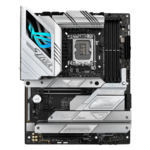 Motherboard
Motherboard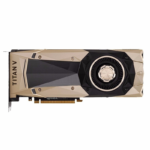 GTX TITAN
GTX TITAN Computer Cases
Computer Cases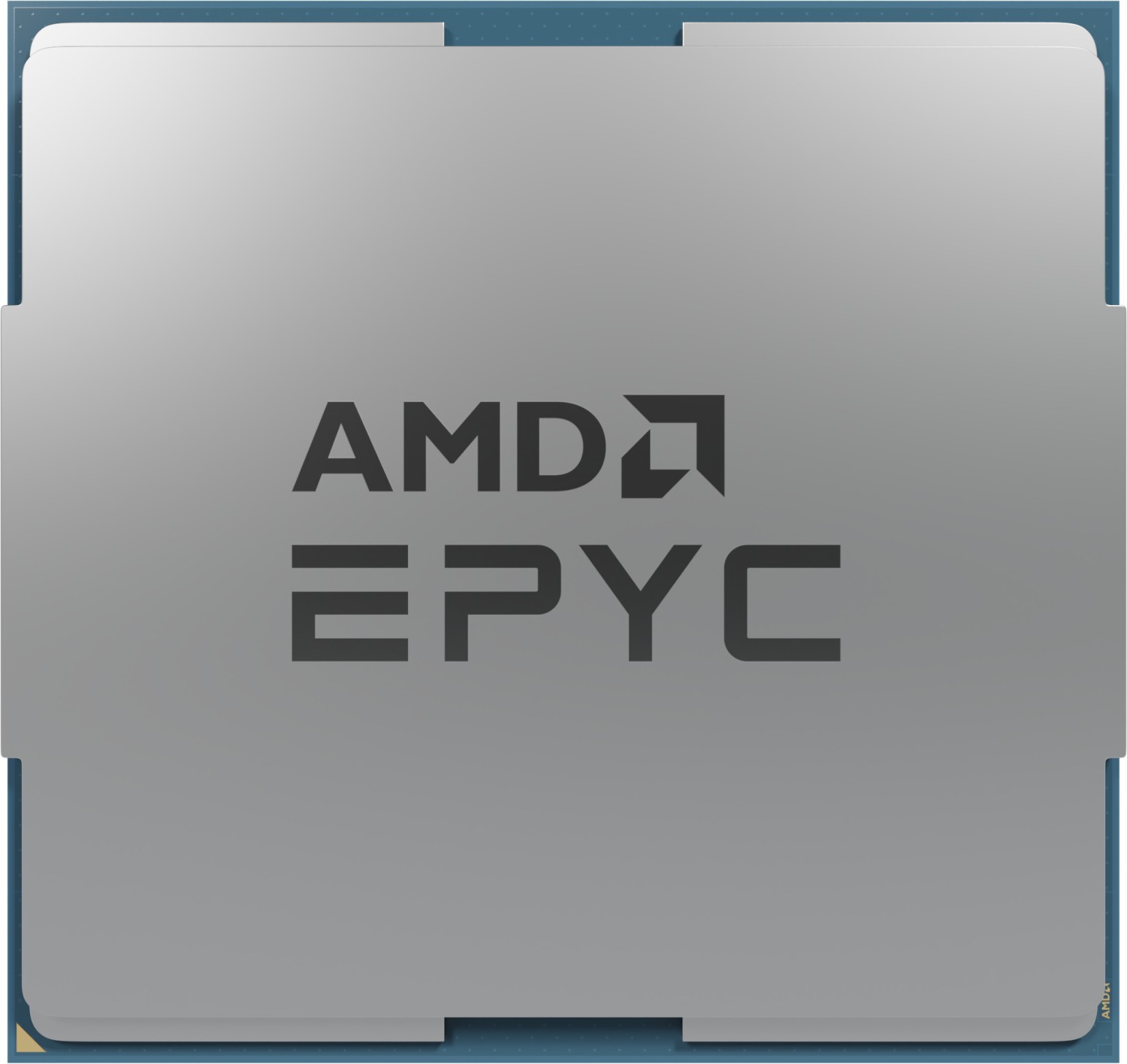





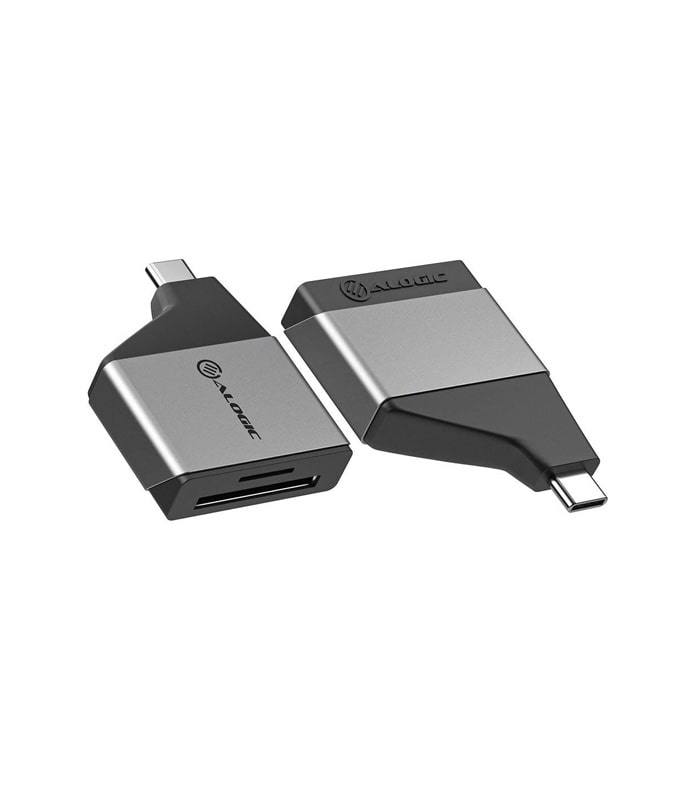
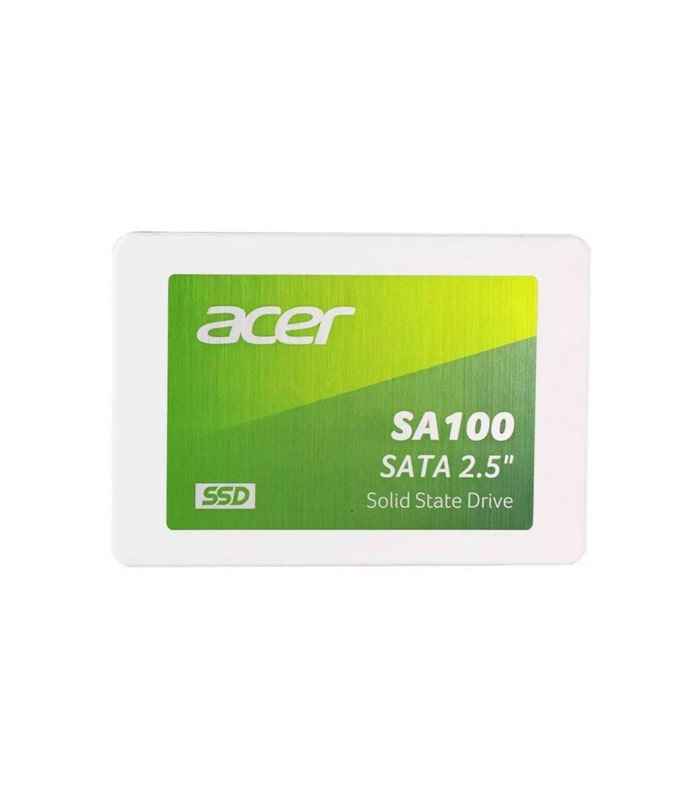
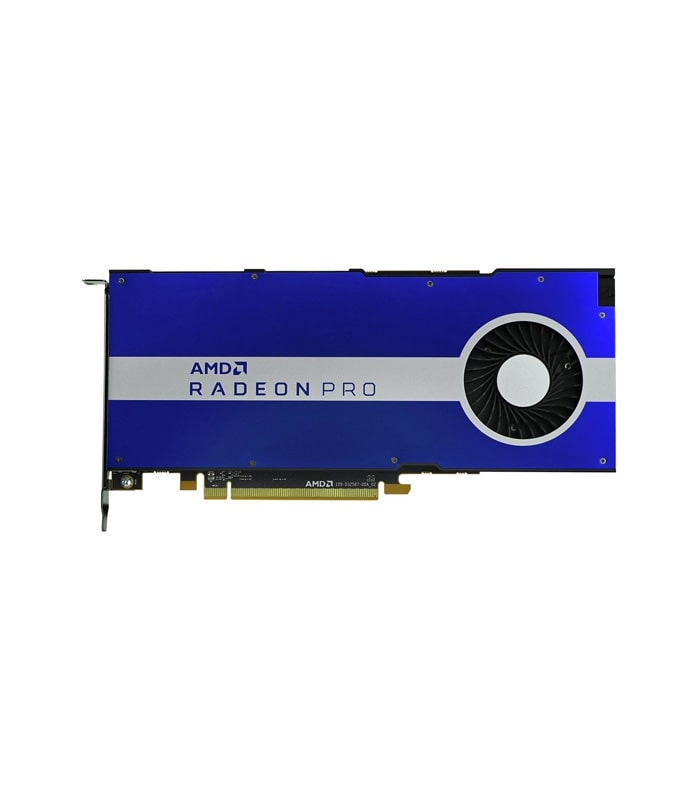
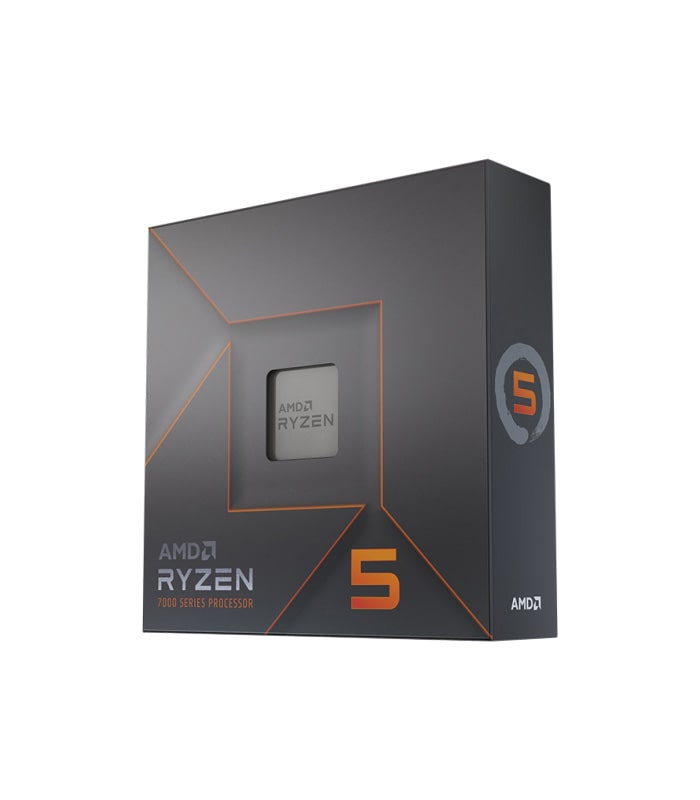

Reviews
Clear filtersThere are no reviews yet.